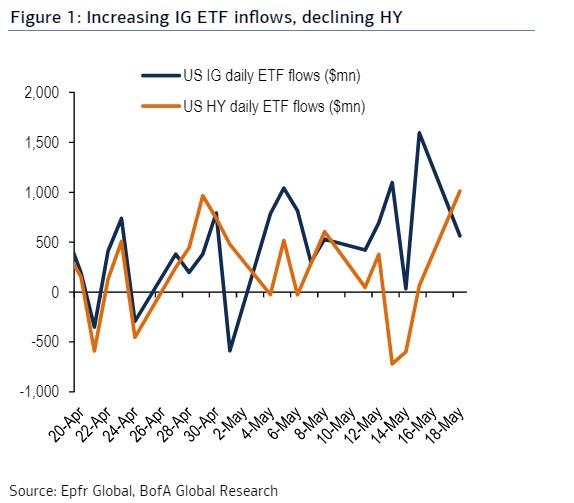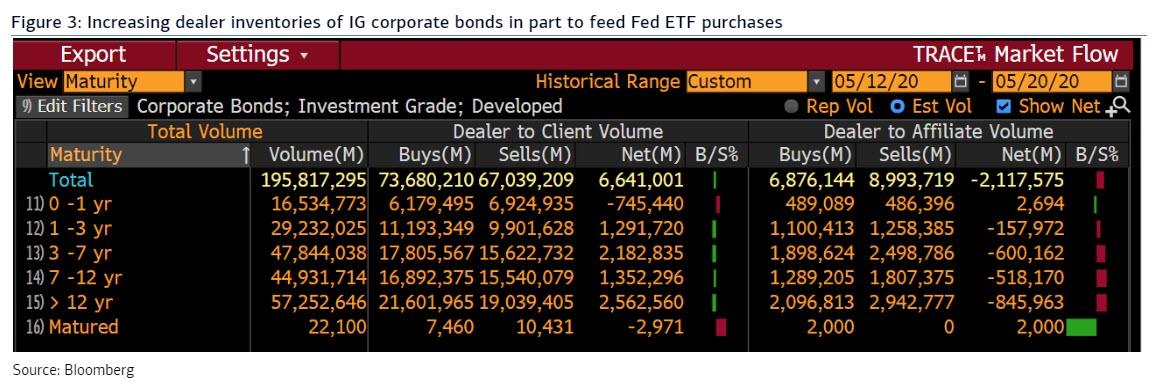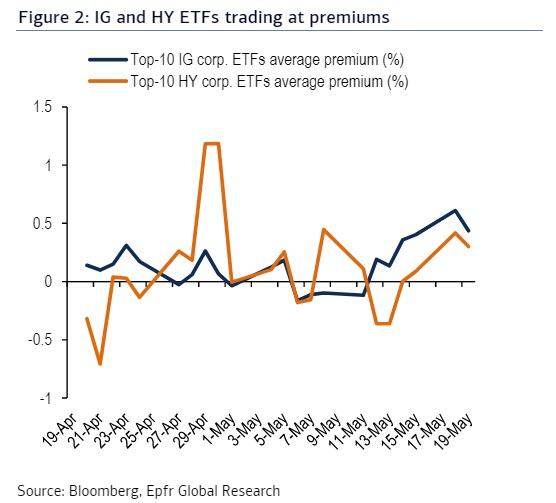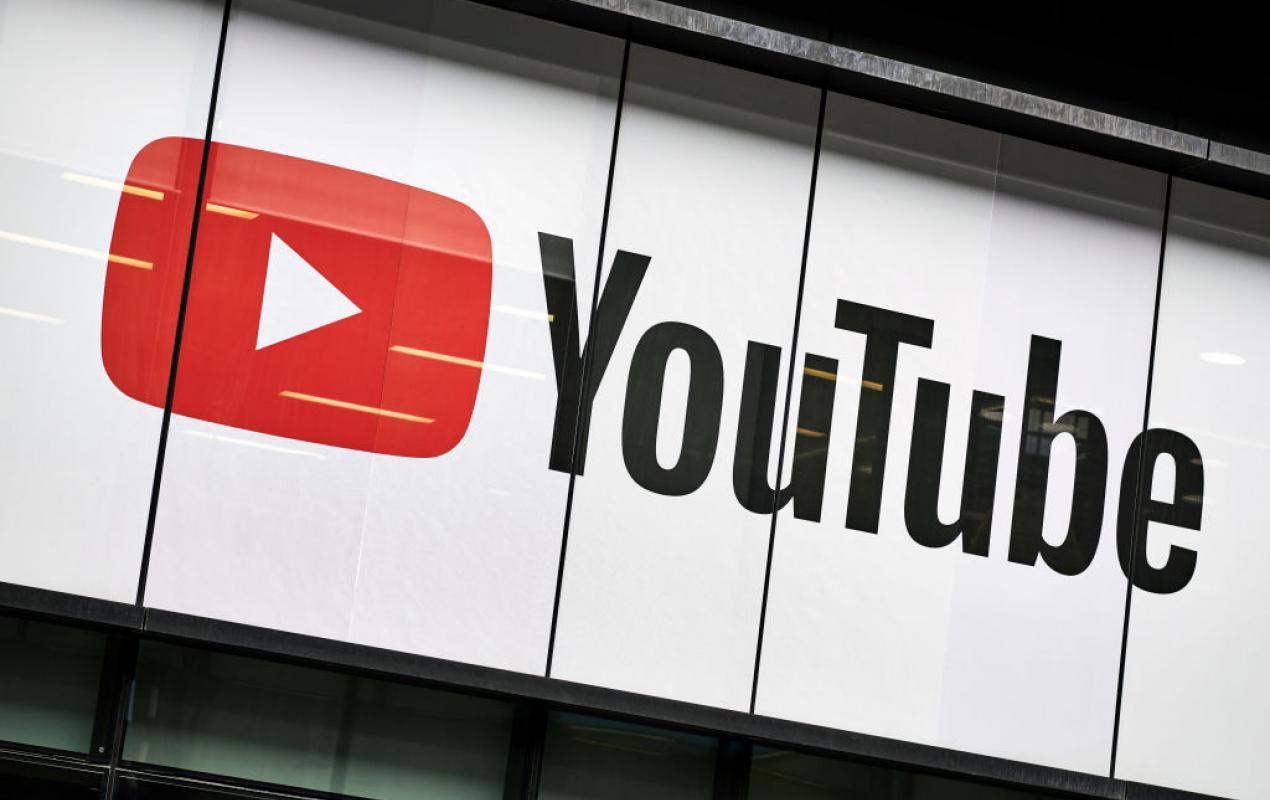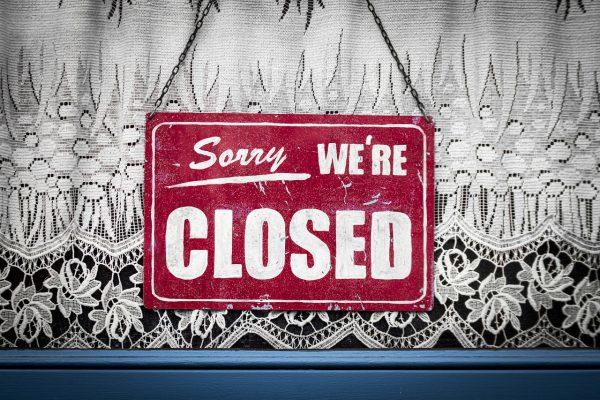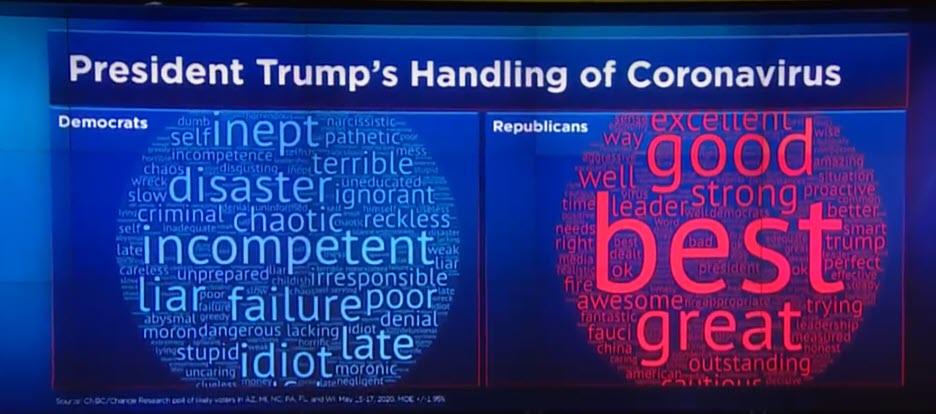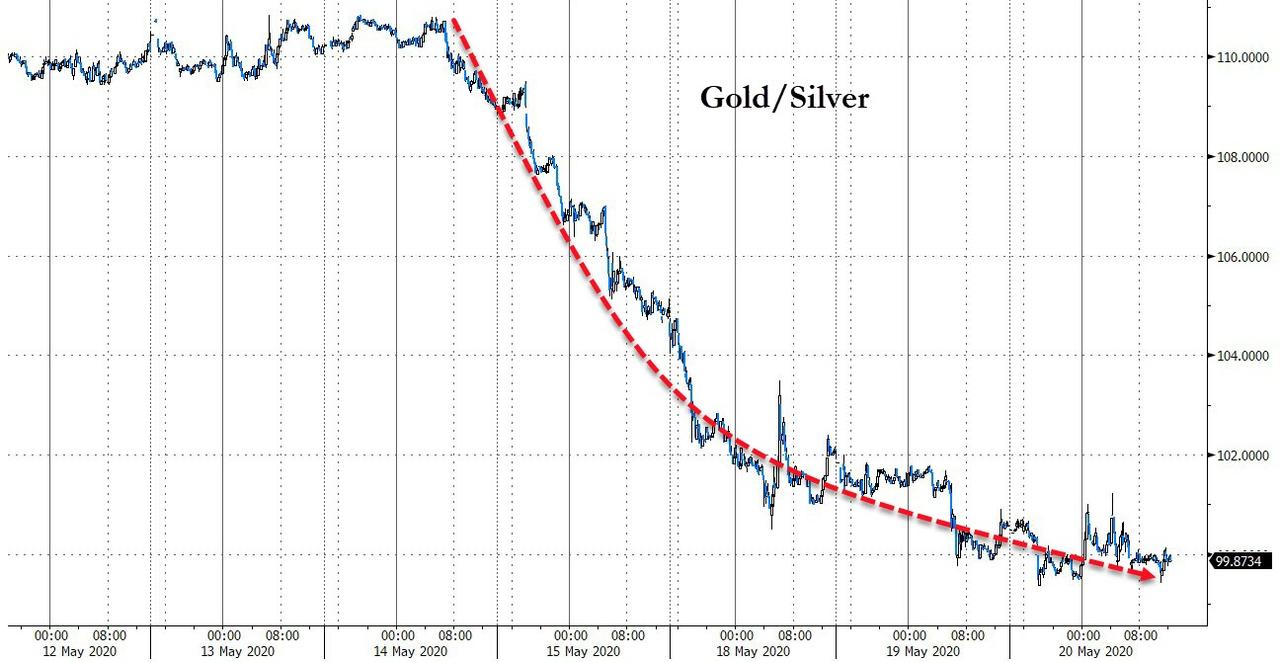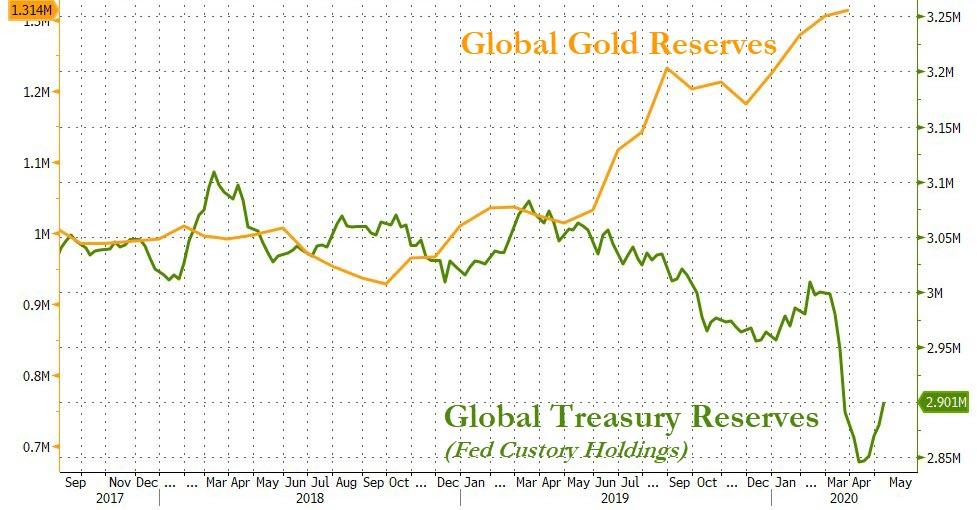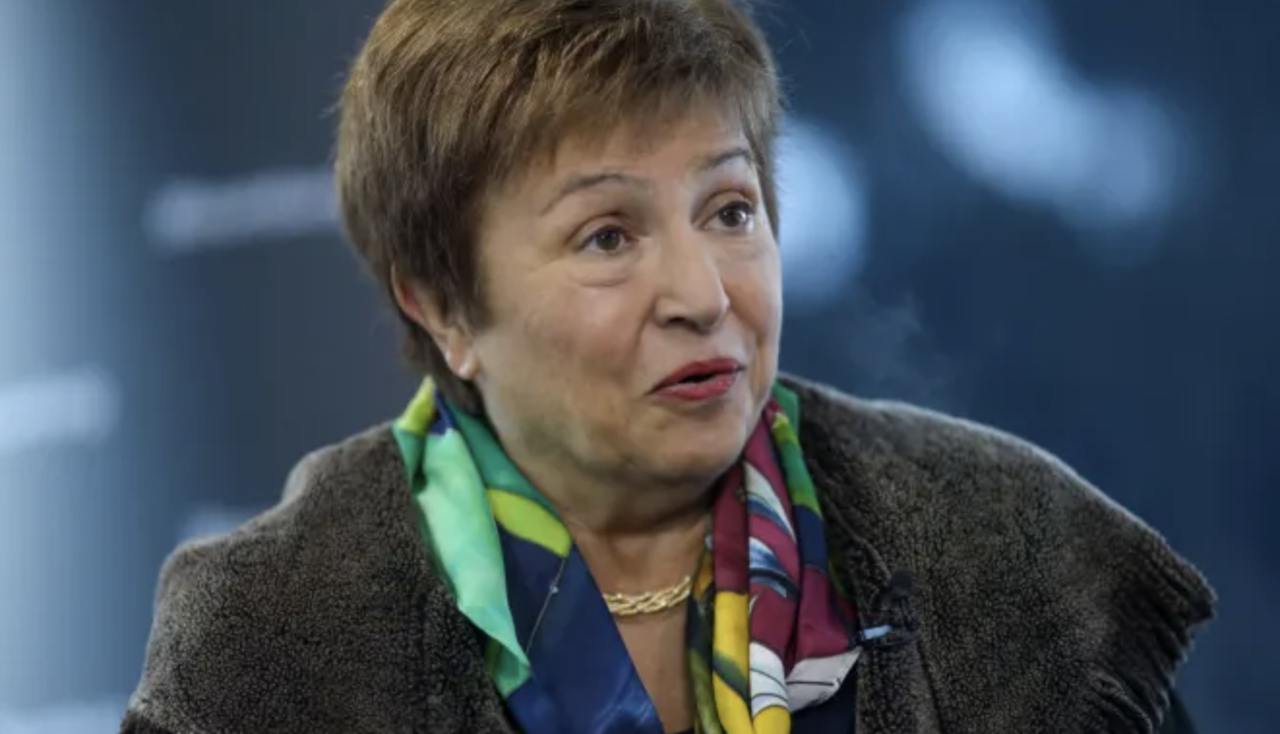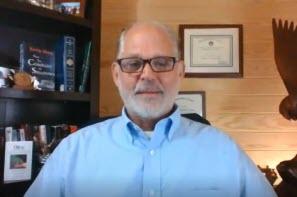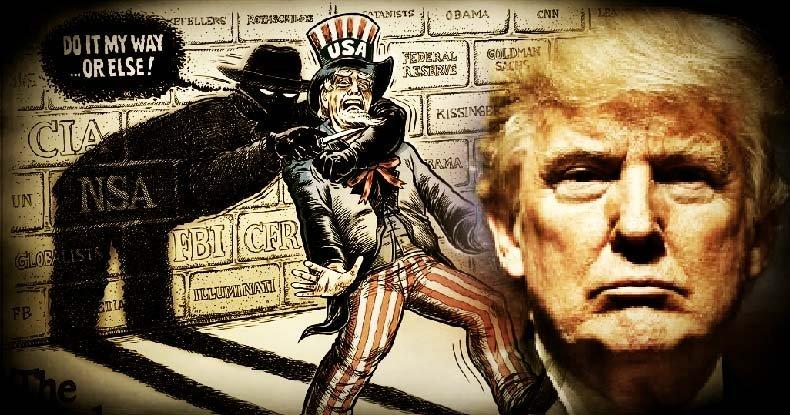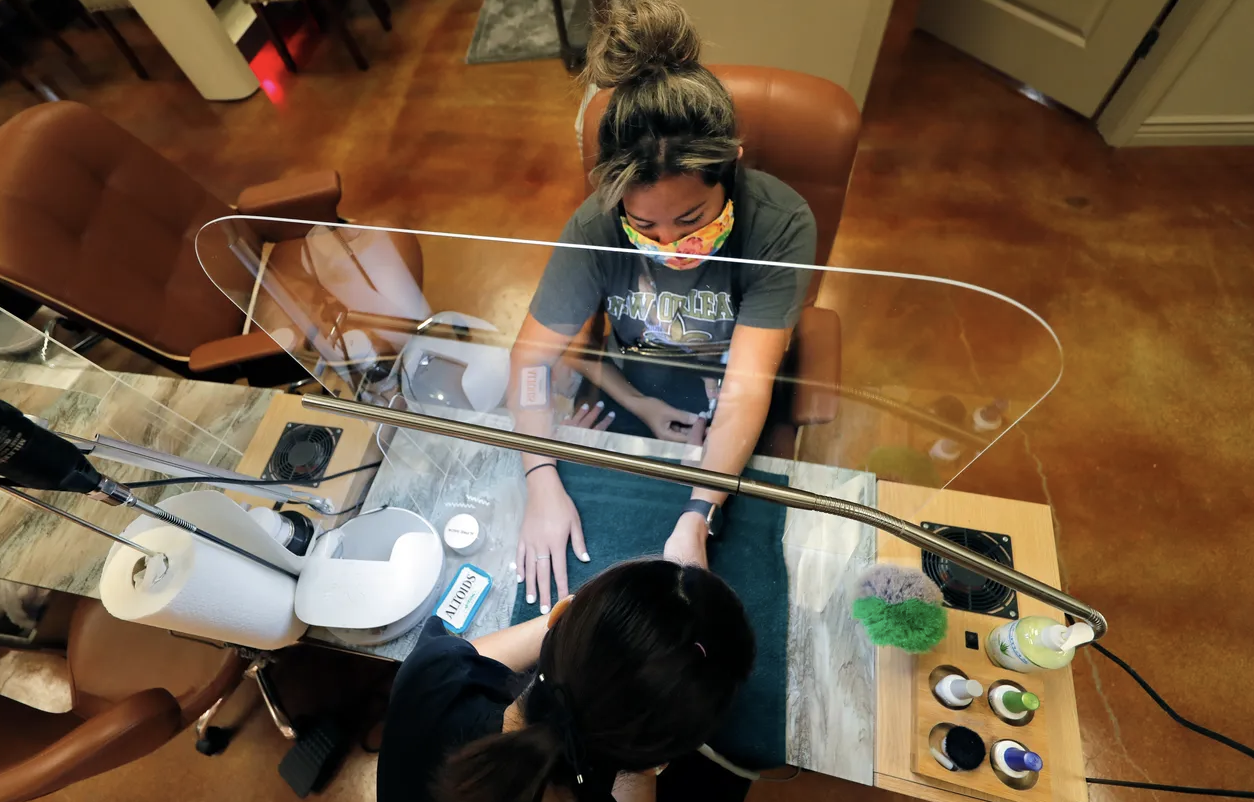Do Lockdowns Work? Mounting Evidence Says No
Tyler Durden
Thu, 05/21/2020 – 15:50
Authored by Ryan McMaken via The Mises Institute,
The coerced economic “shutdowns” – enforced with fines, arrests, and revoked business licenses – are not the natural outgrowth of a pandemic. They are the result of policy decisions taken by politicians who have suspended constitutional institutions and legal recognition of basic human rights. These politicians have instead imposed a new form of central planning based on an unproven, theoretical set of ideas about police-enforced “social distancing.”
Suspending the rule of law and civil rights will have enormous consequences in terms of human life counted in suicides, drug overdoses, and other grave health problems resulting from unemployment, denial of “elective” medical care, and social isolation.
None of that is being considered, however, since it is now fashionable to have governments determine whether or not people may open their businesses or leave their homes. So far, the strategy for dealing with the resulting economic collapse is no more sophisticated than record-breaking deficit spending, followed by debt monetization via money printing. In short, politicians, bureaucrats, and their supporters have insisted a single policy goal—ending the spread of a disease—be allowed to destroy all other values and considerations in society.
Has it even worked? Mounting evidence says no.
In The Lancet, Swedish infectious disease clinician (and World Health Organization (WHO) advisor) Johan Giesecke concluded:
It has become clear that a hard lockdown does not protect old and frail people living in care homes – a population the lockdown was designed to protect. Neither does it decrease mortality from COVID-19, which is evident when comparing the UK’s experience with that of other European countries.
At best, lockdowns push cases into the future, they do not lower total deaths. Gieseck continues:
Measures to flatten the curve might have an effect, but a lockdown only pushes the severe cases into the future—it will not prevent them. Admittedly, countries have managed to slow down spread so as not to overburden health-care systems, and, yes, effective drugs that save lives might soon be developed, but this pandemic is swift, and those drugs have to be developed, tested, and marketed quickly. Much hope is put in vaccines, but they will take time, and with the unclear protective immunological response to infection, it is not certain that vaccines will be very effective.
As a public policy measure, the lack of evidence that lockdowns work must be balanced with the fact that we have already observed that economic destruction is costly in terms of human life.
Yet in the public debate, lockdown enthusiasts insist that any deviation from the lockdown will result in total deaths far exceeding those places where there are lockdowns. So far, there is no evidence of this.
In a new study titled “Full Lockdown Policies in Western Europe Countries Have No Evident Impacts on the COVID-19 Epidemic,” author Thomas Meunier writes, “total deaths numbers using pre-lockdown trends suggest that no lives were saved by this strategy, in comparison with pre-lockdown, less restrictive, social distancing policies.” That is, the “full lockdown policies of France, Italy, Spain and United Kingdom haven’t had the expected effects in the evolution of the COVID-19 epidemic.”1
The premise here is not that voluntary “social distancing” has no effect. Rather, the question is to whether “police-enforced home containment” works to limit the spread of disease. Meunier concludes it does not.
Meanwhile a study by polititical scientist Wilfred Reilly compared lockdown policies and COVID-19 fatalities among US states. Reilly writes:
The question the model set out to ask was whether lockdown states experience fewer Covid-19 cases and deaths than social-distancing states, adjusted for all of the above variables. The answer? No. The impact of state-response strategy on both my cases and deaths measures was utterly insignificant. The “p-value” for the variable representing strategy was 0.94 when it was regressed against the deaths metric, which means there is a 94 per cent chance that any relationship between the different measures and Covid-19 deaths was the result of pure random chance.
Overall, however, the fact that good-sized regions from Utah to Sweden to much of East Asia have avoided harsh lockdowns without being overrun by Covid-19 is notable.
Another study on lockdowns—again, we’re talking about forced business closures and stay-at-home orders here—is this study by researcher Lyman Stone at the American Enterprise Institute. Stone notes that areas where lockdowns were imposed either had already experienced a downward trend in deaths before the lockdown could have possibly shown effects or showed the same trend as the year prior. In other words, lockdown advocates have been taking credit for trends that had already been observed before lockdowns were forced on the population.
Stone writes:
Here’s the thing: there’s no evidence of lockdowns working. If strict lockdowns actually saved lives, I would be all for them, even if they had large economic costs. But the scientific and medical case for strict lockdowns is paper-thin.
Experience increasingly suggests that a more targeted approach is better for those who actually want to limit the spread of disease among the most vulnerable. The overwhelming majority—nearly 75 percent—of deaths from COVID-19 occur in patients over sixty-five years of age. Of those, approximately 90 percent have other underlying conditions. Thus, limiting the spread of COVID-19 is most critical among those who are already engaged with the healthcare system and are elderly. In the US and Europe, more than half of COVID-19 deaths are occuring in nursing homes and similar institutions.
This is why Matt Ridley at The Spectator quite reasonably observes that testing, not lockdowns, appears to be the key factor in limiting deaths from COVID-19. Those areas where testing is widespread have performed better:
Yet it is not obvious why testing would make a difference, especially to the death rate. Testing does not cure the disease. Germany’s strange achievement of a consistently low case fatality rate seems baffling—until you think through where most early cases were found: in hospitals. By doing a lot more testing, countries like Germany might have partly kept the virus from spreading within the healthcare system. Germany, Japan and Hong Kong had different and more effective protocols in place from day one to prevent the virus spreading within care homes and hospitals.
The horrible truth is that it now looks like in many of the early cases, the disease was probably caught in hospitals and doctors’ surgeries. That is where the virus kept returning, in the lungs of sick people, and that is where the next person often caught it, including plenty of healthcare workers. Many of these may not have realised they had it, or thought they had a mild cold. They then gave it to yet more elderly patients who were in hospital for other reasons, some of whom were sent back to care homes when the National Health Service made space on the wards for the expected wave of coronavirus patients.
We could contrast this with the policies of Governor Andrew Cuomo in New York, who mandated that nursing homes accept new residents without testing. This method nearly ensures that the disease will spread quickly among those who are most likely to die from it.
Meanwhile, Governor Cuomo saw fit to impose police-enforced lockdowns on the entire population of New York, ensuring economic ruin and ruined health for many non-COVID patients who were then cut off from vital treatments. Yet, disturbingly, lockdown fetishists like Cuomo are hailed as wise statesmen who “acted decisively” to prevent the spread of disease.
But this is the sort of regime we now live under. In the minds of many, it is better to abolish human rights and consign millions to destitution in the name of pursuing trendy unproven policies. The prolockdown party has even turned basic fundamentals of policy debate upside down. As Stone notes:
At this point, the question I usually get is, “What’s your evidence that lockdowns don’t work?”
It’s a strange question. Why should I have to prove that lockdownsdon’t work? The burden of proof is to show that they do work! If you’re going to essentially cancel the civil liberties of the entire population for a few weeks, you should probably have evidence that the strategy will work. And there, lockdown advocates fail miserably, because they simply don’t have evidence.
With economic output crashing worldwide and unemployment soaring to Great Depression levels, governments are already looking for a way out. Don’t expect to hear any mea culpas from politicians, but we can already see how governments are quickly moving toward a voluntary social-distancing, nonlockdown strategy. This comes even after politicians and disease “experts” have been insisting that lockdowns must be imposed indefinitely until there’s a vaccine.
The longer the lockdown-created economic destruction continues, the greater will be the threat of social unrest and even economic free fall. The political reality is thst the current situation cannot be sustained without threatening the regimes in power themselves. In an article for Foreign Policy titled “Sweden’s Coronavirus Strategy Will Soon Be the World’s,” authors Nils Karlson, Charlotta Stern, and Daniel B. Klein suggest that regimes will be forced to retreat to a Swedish model:
As the pain of national lockdowns grows intolerable and countries realize that managing—rather than defeating—the pandemic is the only realistic option, more and more of them will begin to open up. Smart social distancing to keep health-care systems from being overwhelmed, improved therapies for the afflicted, and better protections for at-risk groups can help reduce the human toll. But at the end of the day, increased—and ultimately, herd—immunity may be the only viable defense against the disease, so long as vulnerable groups are protected along the way. Whatever marks Sweden deserves for managing the pandemic, other nations are beginning to see that it is ahead of the curve.
via ZeroHedge News https://ift.tt/2WOEK4S Tyler Durden

